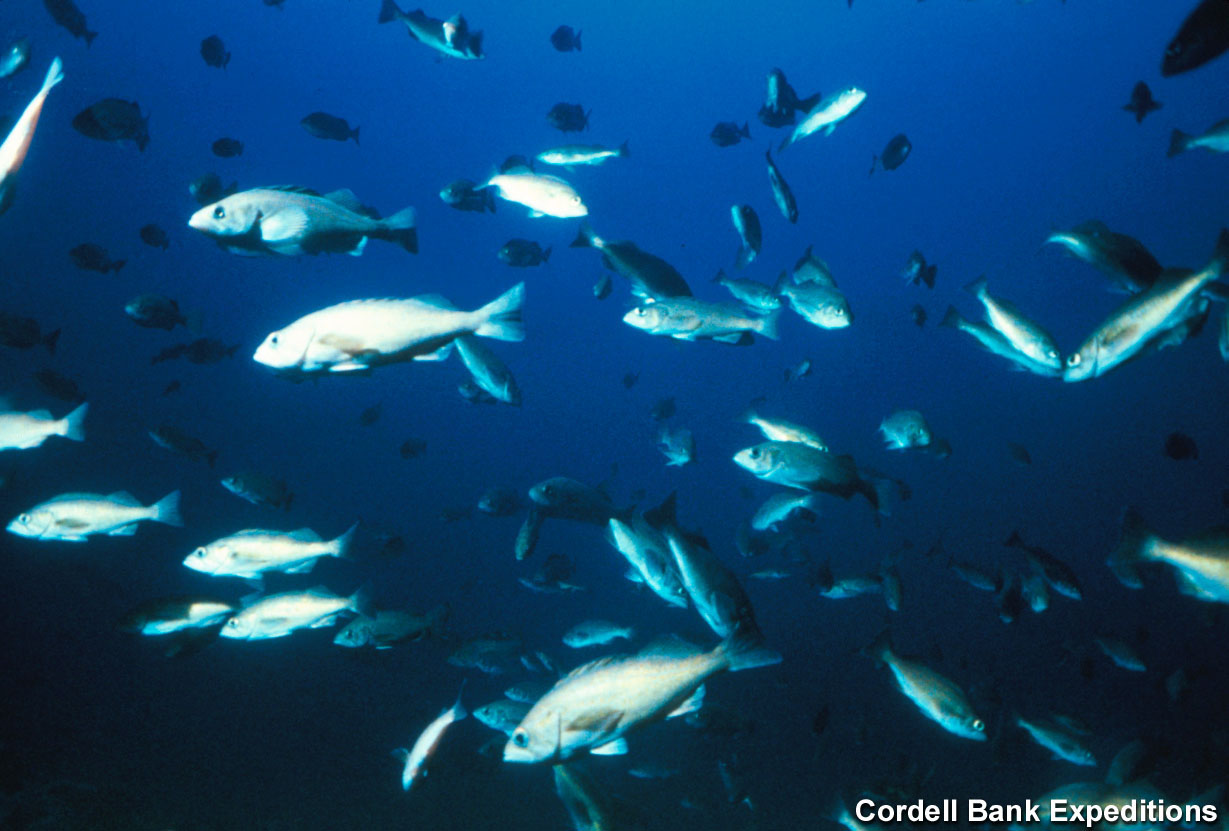Caution: Don't Eat Fish as Old as Your Grandmother

SAN FRANCISCO—Over-fishing facilitated by new technologies is threatening the long-term survival of deep-sea fish populations, a panel of experts said here today.
Many of the fish living in the depths of the ocean take 30 or 40 years to reach maturity and breed, so when too many of them are taken out, there is no way to replenish their population quickly, said Selina Heppell, a fisheries biologist from Oregon State University and panelist at the annual meeting of the American Association for the Advancement of Science.
"The harvest of deep-sea fishes is a lot like the harvest of old-growth timber," Heppell said, "except we don't ‘replant' the fish. We have to depend on the fish to replenish themselves. And the habitat that used to provide them protection—the deep ocean—is now accessible to fishing because of new technologies."
Stateof-the-art Global Positioning Systems are now used to easily target schools of fish, and powerful ships can drag big nets hundreds of feet below the water’s surface. The over-fishing problem is compounded because most of the deep fish are in international waters where there are no set regulations for protection.
Some of the most recognized fish at risk include orange roughy and Chilean sea bass. Older fish taken out of the water could cause the most damage to a colony’s population because they’ve reached sexual maturity and are more likely to breed.
"When you buy orange roughy at the store, you are probably purchasing a filet from a fish that is at least 50 years old," Heppell said. "Most people don't think of the implications of that. Perhaps we need a guideline that says we shouldn't eat fish that are as old as our grandmothers."
- Images: Small Sea Monsters
- Five Deep-Sea Fish on Brink of Extinction
- Extinction Risk: Overfishing of ... Albatrosses
- The Perils of Being Huge: Why Large Creatures Go Extinct
- Without Sharks, Food Chain Crumbles
- Images: Freaky Fish
Get the world’s most fascinating discoveries delivered straight to your inbox.
 Live Science Plus
Live Science Plus






